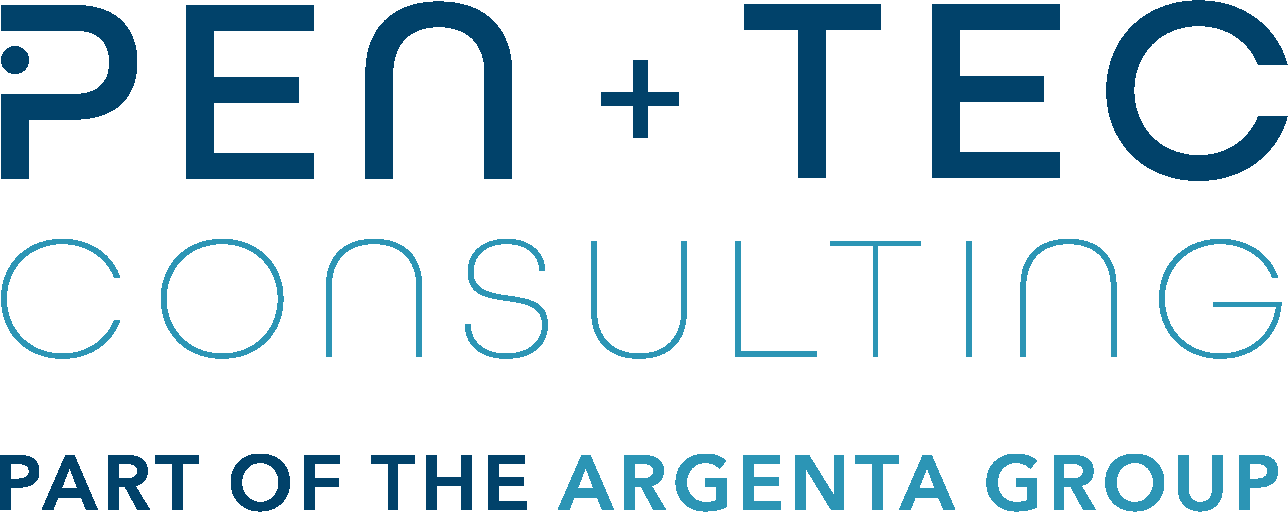Update on the Regulatory Landscape of Probiotics
Posted 6 May, 2016
The EFSA FEEDAP Panel has recently started to revise guidance documents for the risk assessment of feed additives. In order to engage with applicants and stakeholders, EFSA has organised a two-day technical meeting, which will take place on 14 and 15 July 2016 in Brussels to discuss scientific issues relating to the preparation, scientific evaluation and risk assessment of applications for market authorisation of feed additives.
The topics for discussion include:
- Characterisation of production strains of additives obtained by microbial fermentation
- Target species and assessment of the efficacy of feed additives
- Guidance for the risk assessment of additives produced with GM microorganisms
- Ensuring that the correct datasets are provided
- Avoiding unnecessary animal testing
- Avoiding delays
- Accessing information on EFSA decisions
Pen & Tec would also like to see several other issues raised for discussion. These include:
Safety assessment of botanicals – what is happening on the food side?
As botanicals are also used in food additives and food supplements, Pen & Tec believes that a harmonised approach for food and feed would be advisable. In addition, Member States have prepared a list of plants or plant preparations for use in food and/or food supplements (the so called BELFRIT list), which could contain valuable information on how to assess the safety of a plant or plant preparation.
Clarification on safe strain lineage – enzymes produced by genetically modified micro-organisms
Currently it is not clear if EFSA will take a harmonised approach for food and feed enzymes. Since the outcome of a dossier can be unpredictable, some applicants may choose generate the full suite of toxicological data, based on the safe strain lineage concept, and as a consequence, unnecessary animal testing may be performed. It would be useful for EFSA to clarify in their updated guidelines if it will take a harmonized approach for food and feed enzymes and if FEEDAP accepts the “safe strain lineage” concept.
GMM guidance 2011– clarification on data requirements
The updated guideline should include information on which test item should be used for the different tests required (e.g. final genetically modified strain and/or the final product).
Efficacy studies
To reduce experiments with animals, Pen & Tec would like EFSA to consider reducing the number of efficacy studies required showing a positive effect at the requested dose and encourage, whenever possible, to combine tolerance and efficacy studies. As the most important part of the evaluation is to ensure a feed additive is properly characterised and safe for the target species, consumers, user/workers and the environment, the efficacy requirements could be softened. Once the product is licensed, use of the product in the target species, under farm conditions will show whether or not it is effective under the approved conditions of use.
And much more…
These questions and more will be discussed with EFSA at the Technical meeting with stakeholders 14 and 15 July 2016. The Pen Tec Consulting group will provide feedback from the meeting and monitor closely all these changes to continue giving the most up-to date advice to applicants.
